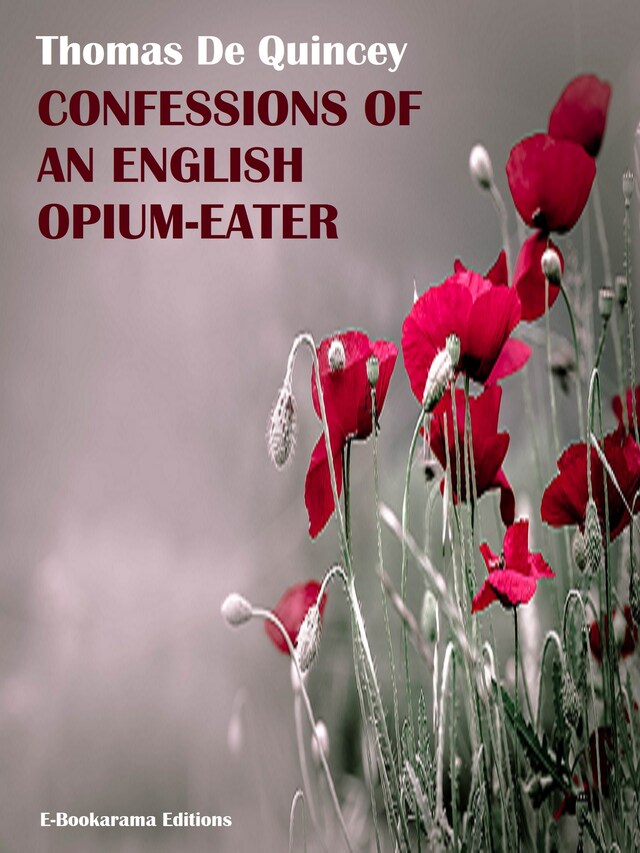
Confessions of an English Opium-Eater
Description of the book
English

